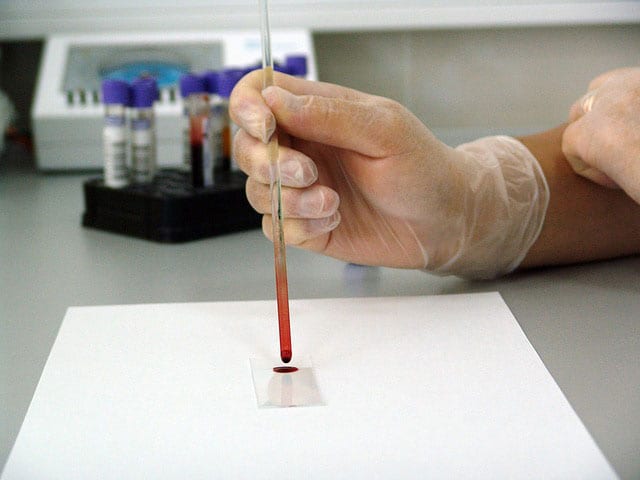Alveolar capillary dysplasia, or ACD, is an exceptionally rare disease that seldom has a positive outcome. It begins in the womb when the alveoli capillaries in baby’s lungs don’t properly form and are misaligned.
Infants begin having breathing difficulties soon after birth, and rarely live past the age of two months. Other problems that occur with ACD include gastrointestinal distress caused by the intestines twisting, cardiovascular involvement, and respiratory failure. To date, there is no medical treatment other than a double lung transplant, which in the case of tiny babies, rarely occurs.
New Hope?
But researchers are optimistic about the future of treating ACD. Information on current clinical trials is posted on the Internet at www.clinicaltrials.gov.

Toll-free: (800) 411-1222
TTY: (866) 411-1010
Email: [email protected]
For information about clinical trials sponsored by private sources, in the main, contact:
www.centerwatch.com
For more information about clinical trials conducted in Europe, contact: https://www.clinicaltrialsregister.eu/
One baby in England, Imogen Bolton, has beaten the odds. She is thought to be the youngest recipient of a double lung transplant and is on the road to a full recovery. Her parents were told shortly after her birth that there was nothing they could do and they should prepare for the worst; but, what the doctor actually did was put Imogen on the transplant waiting list. When a donor became available, they knew it was her only chance and rushed to the hospital for the surgery. They are extremely grateful to the parents of the donor, and are now raising awareness about organ donation.
I love a story with a happy ending, don’t you? Share your happy ending with Patient Worthy!






